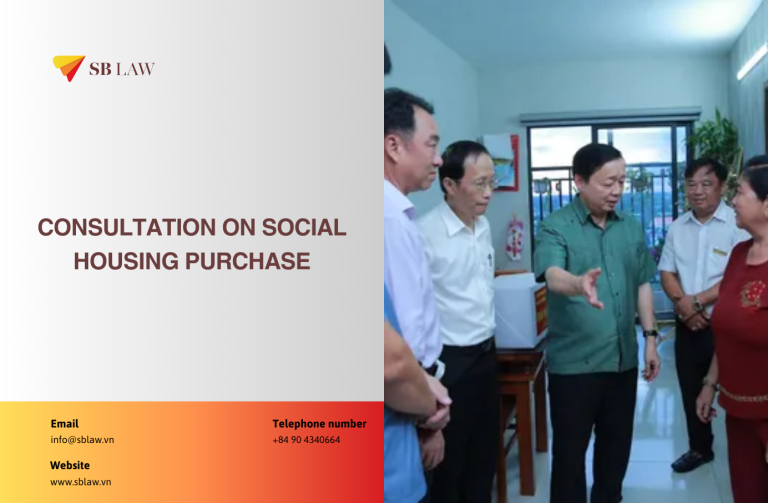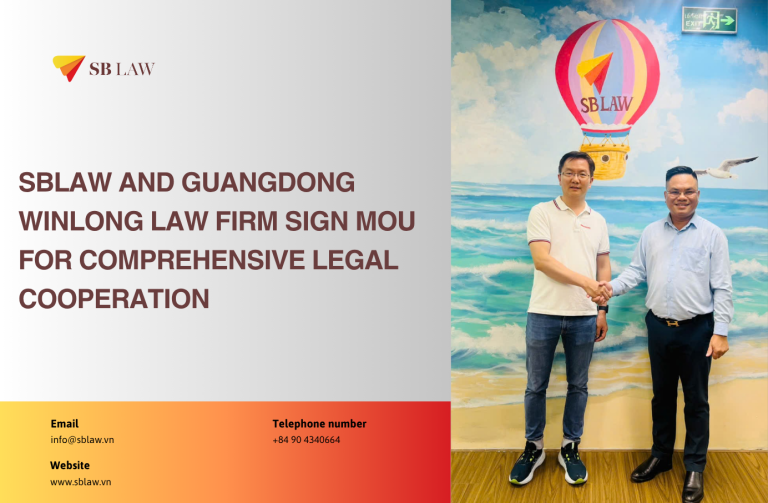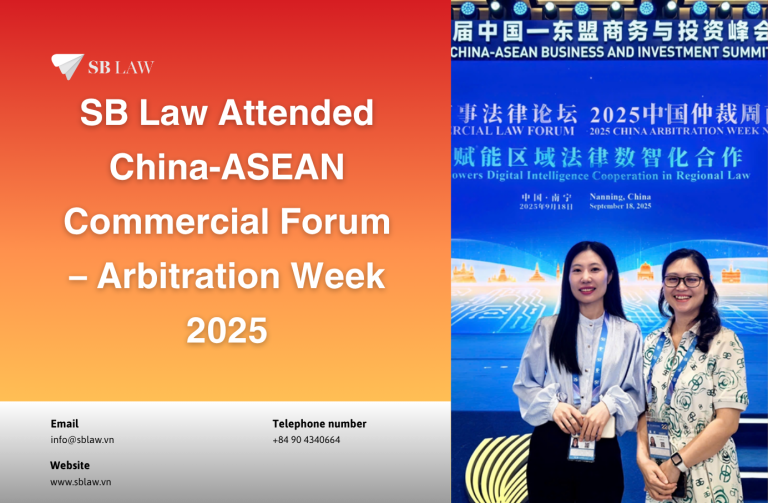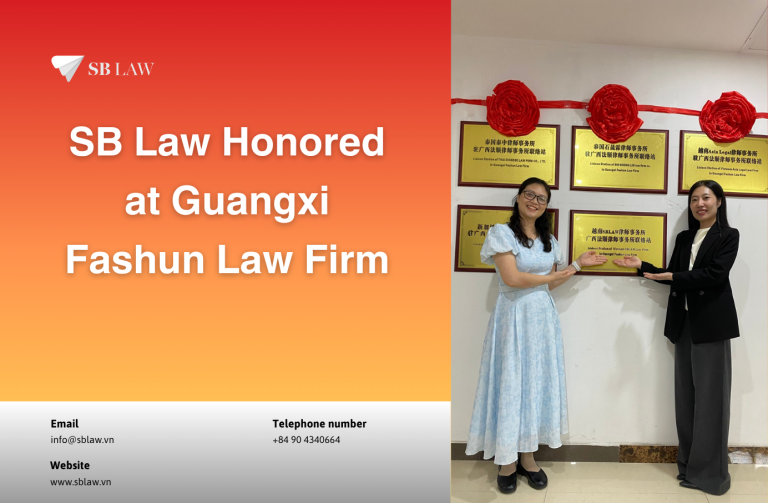Under the WTO’s Commitment and Vietnam Law on Investment, foreign investor has right to supply a service from the territory of their own country into the territory of another country without setting up any commercial presence in that country, this kind of investment form is called Cross Border Supply Therefore, it is possible for the foreign investor to work in Vietnam without setting up commercial presence.
At that time, the foreign investor only needs to pay for Foreign Contractor Withholding Tax (FCWT).
Relating the payment of FCWT in Vietnam, the Law regulates as follows:
- FCWT applies to payments of interest, royalties, license fees, fees, cross border leases, insurance/ reinsurance, airline and express delivery charges to foreign companies;
- No withholding or remittance tax is imposed on profits paid to foreign corporate shareholders;
- An interest withholding tax of 5% applies to interest paid on loans from foreign entities. Interest earned from bonds (except for tax exempt bonds) and certificates of deposit are subject to 5% withholding tax. Sales of bonds and certificates of deposits are subject to deemed tax of 0.1% of the gross sales proceeds.
- A 10% royalty withholding tax applies in the case of payments made to a foreign party for transfers of technology.
This FCWT generally applies to payments derived from Vietnam, except for the pure supply of goods (i.e. where title passes at or before the border gate of Vietnam, and there are no associated services performed in Vietnam), services performed and consumed outside Vietnam, and various other services performed wholly outside Vietnam (e.g. certain repairs,
training, advertising, promotion etc).
Foreign contractors can choose between three methods for tax payment including:
- Method One – Deduction Method:
- If the foreign contractor carries out many projects in Vietnam, and qualifies for application of the deduction method for one project, the contractor is required to apply the deduction method for its other projects as well.
- The foreign contractor will pay CIT at 25% on its net profits.
- Method Two – Deemed Method:
Foreign contractors adopting the deemed method do not register for VAT. VAT and CIT will be withheld by the Vietnamese contracting party at deemed percentages of taxable turnover. Various rates are specified according to the nature of the services performed. The VAT withheld by the Vietnamese contracting party is generally an allowable input credit in the Vietnamese contracting party’s VAT return.
- Method Three – Hybrid Method
The hybrid method allows foreign contractors to register for VAT and accordingly pay VAT based on the conventional method (i.e. output VAT less input VAT), but with CIT continuing to be subject to deemed rates.
The FCWT rates including VAT and CIT rates are summarized below:
|
Industry |
Effective VAT rate |
Deemed CIT rate |
| Trading: distribution, supply of goods, materials, machinery and equipment in Vietnam. |
Exempt (*) |
1% |
| Services. |
5% |
5% |
| Services together with supply of machinery and equipment. |
3% |
2% |
| Construction, installation without supply of materials or machinery, equipment. |
5% |
2% |
| Construction, installation with supply of materials or machinery, equipment. |
3% |
2% |
The above withholding taxes may be affected by relevant Double Taxation Agreements. For example, the deemed CIT on foreign contractors may be eliminate or reduced under a relevant Double Taxation Agreements.
S&B Law




